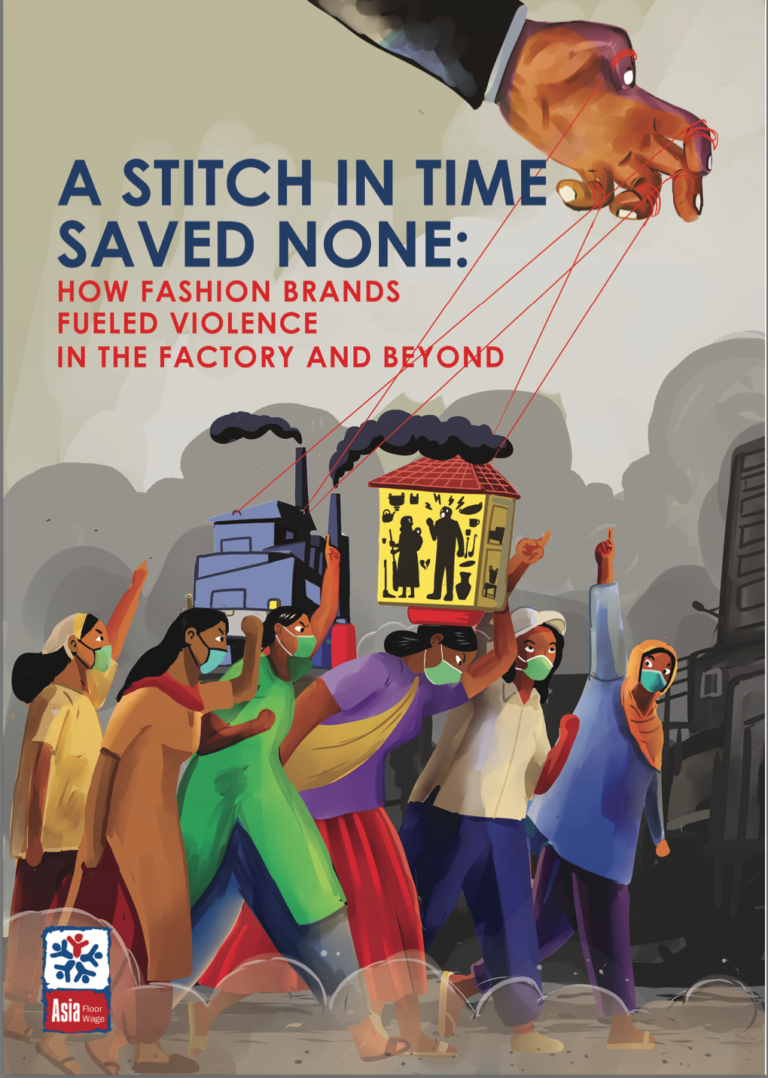The Emerging Cobalt Challenge
GuidancePublicationsThe next few years will see worldwide consumption of cobalt rise significantly as nascent demand from the electric vehicle market comes on line. For both electric vehicle and tech manufacturers, cobalt forms an essential ingredient of the ubiquitou...Read More

